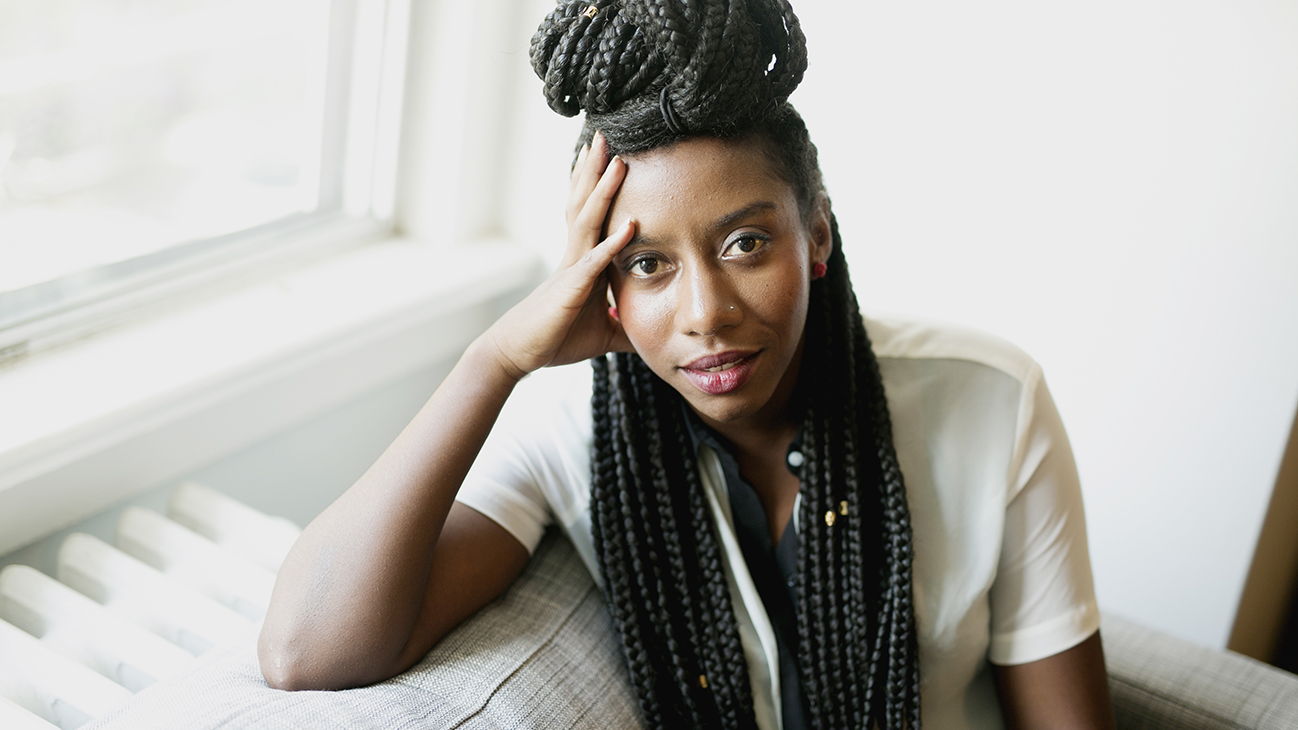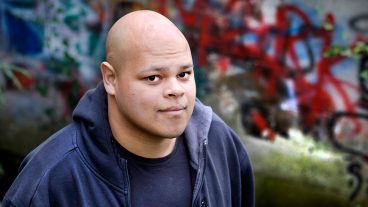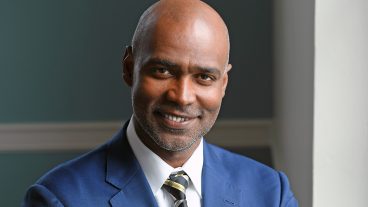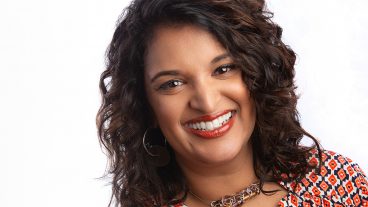In a new essay for Sportsnet, Dr. Hadiya Roderique examines and explains her relationship with competitive sports – particularly her experience as an elite level Ultimate Frisbee player. The multi-faceted and emotionally open piece outlines Hadiya’s desire to be free of preconceptions of race and gender, seeking a space where merit and accomplishments could stand on their own without bias, after encountering prejudice and frustration in so many other aspects of her life.
Starting from her childhood, Hadiya writes about being drawn towards the objective nature of accomplishment in sports and how that helped to provide freedom from the subjective racism and discrimination she encountered so often in her day-to-day life. She writes:
To survive in a world that tries to keep me from earning things, I learned early on to gravitate towards things that are harder to take away, gifts that are harder for others to deny. I have long tried to find the objective, because so much of racism is in the subjective. It’s in the higher standards that you are held to than others, the higher bar you have to pass to earn a reward. It’s in the prove-it-again bias, where some are judged on their “potential,” an elusive, shifting criteria, while others have to repeatedly prove themselves before being given that same chance. Even in the seemingly objective, it’s in the subjectivity of the objective requirements being applied rigorously to you, but applied leniently or waived altogether for someone else. It’s in the oft-repeated statement, “Are you sure that’s what they really meant?” — the common white refrain in response to your description of the 10th microaggression in as many days.
While time playing and competing on the field provided a break from such concerns, it was by no means a perfect oasis. Hadiya goes on to write about how her positive experiences with her teammates were sharply contrasted by then witnessing their treatment vs. her own while on the road. The lack of diversity among the teams also began to weigh on her mind. With her competitive Ultimate days behind her, Hadiya ends look back with a look towards the future:
I think about what I want for the next one who looks like me. I want their teammates to notice the microaggressions, to say something if they hear them. I want those teammates to take real action, volunteer, teach clinics in diverse communities, to acknowledge that the lack of diversity is not okay, and to do something to alter that course. But mostly, I want them not to be the only one — on their team, in their city. I want for others to have the experience I had, the chance to step on the field and be their best selves in a sport that has space for so many different skills and abilities. To feel the safety and possibility and joy that I felt between the cones, on the field, and, more importantly, off of it.
As a young, black woman working as a lawyer on Bay Street, Dr. Hadiya Roderique delivered a wake-up call to corporate Canada in the form of her Globe and Mail feature essay, “Black on Bay Street.” Shared more than 13,000 times on Facebook, with the accompanying video watched more than 250,000 times, Hadiya’s think piece sparked discussion in boardrooms across Canada. In her thought-provoking talks, she discusses barriers and challenges to diversity and inclusion, and counters those common arguments to show the power behind a diverse and inclusive workplace.
If you’re interested in booking Hadiya or another speaker for a virtual presentation, please contact us for more information.




